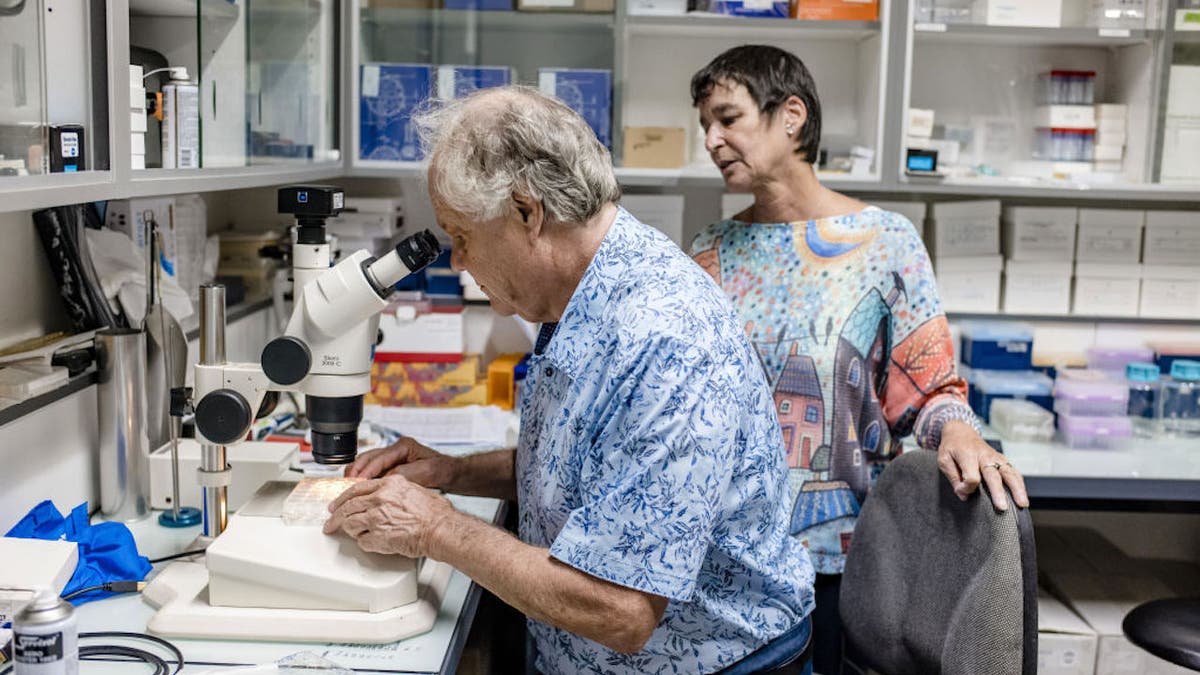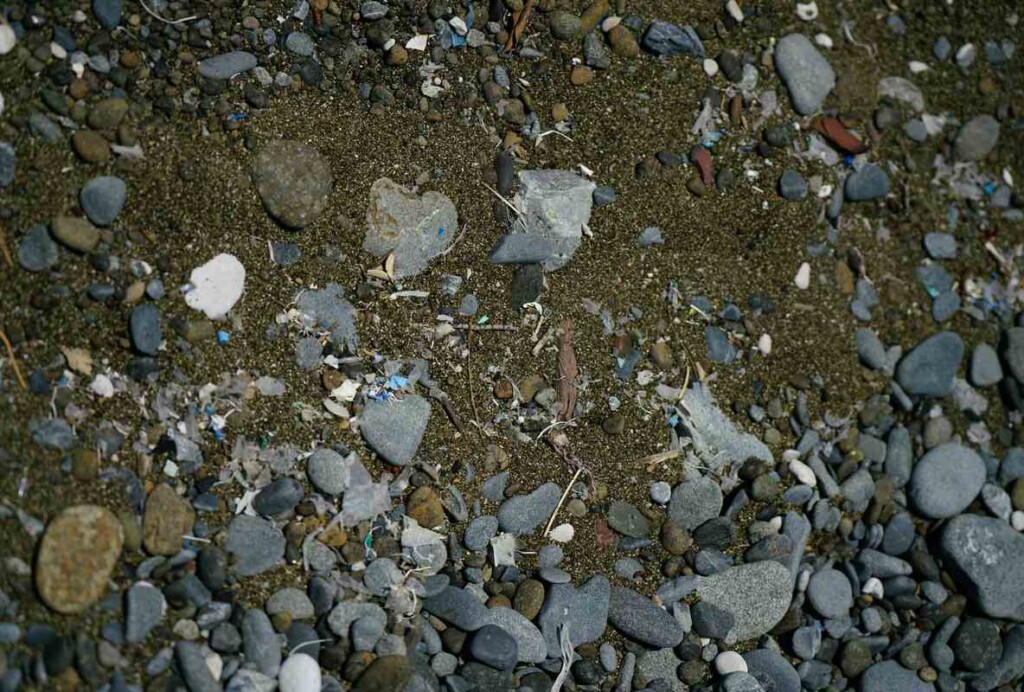In Siberia, some scientists are warning of the potential for “Arctic zombie viruses” as permafrost thaws due to climate change. They claim that the release of ancient viruses from the thawing permafrost could pose a risk of disease to humans. Permafrost is a permanently frozen layer below Earth’s surface consisting of soil, gravel and sand bound together by ice, according to National Geographic.ON COVID-19 AND NEW VARIANT JN.1 NOW MAKING UP A THIRD OF US CASES: CDCAccording to Jean-Michel Claverie, an emeritus professor at the School of Medicine of Aix-Marseille University in France, extensive research has been conducted on Arctic zombie viruses, also known as “Methuselah microbes.” In 2015, several viruses estimated to be 30,000 years old were unearthed from the permafrost. Claverie emphasized that a significant proportion of prehistorical viruses can remain infectious for extended periods of time. The stability of the Siberian permafrost for the last 400,000 years could be threatened by global warming, leading to the release and revival of permafrost microbes, including ancient ones from the late Pleistocene.Figure1: https://a57.foxnews.com/static.foxnews.com/foxnews.com/content/uploads/2024/01/1200/675/Virologist-Jean-Michel-Claverie-in-lab.jpg Jean-Michel Claverie, a geneticist, and an emeritus professor at the School of Medicine of Aix-Marseille University in Marseille, France, emphasized the potential threat of Arctic zombie viruses. [Getty Images] [Credit: Getty Images]Permafrost is melting at a rapid rate in Siberia, uncovering prehistoric bones and animals. Studies have identified various bacteria in permafrost linked to common human pathogens such as Acinetobacter, Bacillus anthracis, Brucella, and Campylobacter, among others. Claverie stated that though modern antibiotics could control many of these older pathogenic bacteria, the situation could be disastrous if an ancient or unknown virus is released from permafrost, causing diseases in animals or humans.Figure2: https://a57.foxnews.com/static.foxnews.com/foxnews.com/content/uploads/2024/01/1200/675/permafrost-siberia.jpg Permafrost in Siberia is melting, uncovering prehistoric bones and animals as it melts into the Kolyma River, Russia. [Getty Images] [Credit: Getty Images]Marion Koopmans, head of the Erasmus MC Department of Viroscience in the Netherlands, confirmed the potential of hidden viruses to infect bacteria and unicellular organisms. She suggested the need to anticipate the potential presence of viruses that could infect humans or wildlife and to monitor for health effects in those areas. Dr. Edward Liu, chief of infectious diseases at Hackensack Meridian Jersey Shore University Medical Center in New Jersey, acknowledged permafrost viruses as a valid concern and emphasized the importance of cooperative internal research into animal and permafrost viruses, to be prepared with specific medical responses for new viruses when they emerge. He highlighted the need for systems to detect new outbreaks faster and allow access during outbreaks to prevent political interference.Figure3: https://a57.foxnews.com/static.foxnews.com/foxnews.com/content/uploads/2024/01/1200/675/Virologist-Jean-Michel-Claverie.jpg Jean-Michel Claverie is seen at the Information Gnomic and Structural department of Aix-Marseille University in Marseille, France, Sept. 25, 2023. [Getty Images] [Credit: Getty Images]Dr. Christian Sandrock, an expert in emerging infectious diseases at the UC Davis Medical Center in California, highlighted that exposure to new viruses is a possibility as a result of climate change and human-related activities. He emphasized the need for sustained transmission of viruses to cause a real concern and stated that a close contact with animals and humans in Asia can lead to the transmission of viruses to humans, which is more concerning. Dr. Marc Siegel, a clinical professor of medicine at NYU Langone Medical Center, noted the possibility of viruses causing sickness but stated that the viruses would need to undergo several changes to adapt to or spread among modern hosts before sparking a pandemic.Figure4: https://a57.foxnews.com/static.foxnews.com/foxnews.com/content/uploads/2024/01/1200/675/virus-microscope.jpg Sustained transmission of viruses is necessary to cause a real concern, experts say. [iStock] [Credit: iStock]To read more Health articles, visit www.foxnews.com/health.
Climate change could release ‘Arctic zombie viruses’ from melting permafrost, scientists say













